The Smoke of Change: Indigenous Colombians Pray for Water Conservation
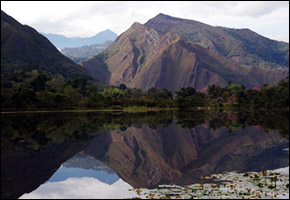
More than 40 years ago, Colombian writer Gabriel Garcia Marquez founded in prose the fictional village of Macondo along the shores of a river of clear water on a bed of polished stones, white and big, like “prehistoric eggs.” The South American village flourishes until years of magical rain wash it away.
Today, in Sumapaz – in mountainous central Colombia – the Arhuaca Indian tribe tells their own story of magic realism about their sacred river. Concerned for Colombia’s water supply, the Arhuaca people scratch stones to spark fire, burn dry leaves and disperse the smoke, hoping that it will carry along their plea for water preservation in the country.
Arhuaca rituals express real concern that Colombia’s ample fresh water ecosystems are being endangered by an “expanding unregulated agricultural sector,” a guerrilla war spanning five decades and a booming cocaine production, Reuters reports.
Colombia’s “paramos” – flat zones amidst mountain ranges – feed the country’s rivers through rich, absorbent vegetation. But unregulated subsistence farming, plantations and cattle breeding in the region threaten to cause serious environmental harm, local Arhuaca members say.
In addition to the exploitation of land for cultivation, landmines and military counter strikes by leftist rebels in Colombia also pose danger to the ecosystems, according to the Arhuaca Indian tribe. As the Revolutionary Armed Forces of Colombia fight a 50-year guerrilla war in the country, they leave behind ammunition and also chemicals used for the cocaine production that finances FARC operations.
“A lot of the problems (confronting the paramos) are structural problems having to do with land care and colonizers who arrive in nearby areas, some of which are protected,” environmental official Emilio Rodriguez told Reuters. He calls the situation “worrying,” because the paramos are a major water source for Colombia’s capital Bogota.
But to the Arhuaca tribe — as to many indigenous peoples across the world — water represents more than an item on their extensive roster of socioeconomic or geopolitical concerns. The resource defines their ecology. It nourishes their humanity.
”We sing to the water because it is alive, it hears, it has feelings. It is a living thing,” a female tribe member told Reuters. “We are drops from the same river, part of the same water cycle.”
Read more here.
Source: Reuters
, a Bulgaria native, is a Chicago-based reporter for Circle of Blue. She co-writes The Stream, a daily digest of international water news trends.
Interests: Europe, China, Environmental Policy, International Security.

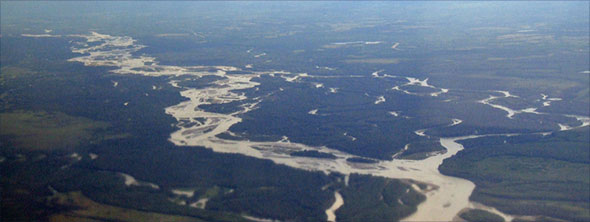
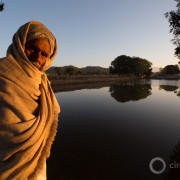




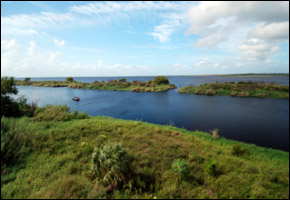
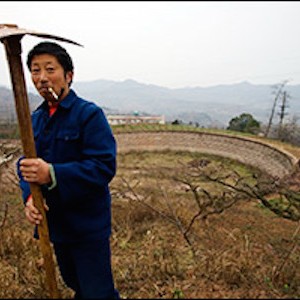
Leave a Reply
Want to join the discussion?Feel free to contribute!